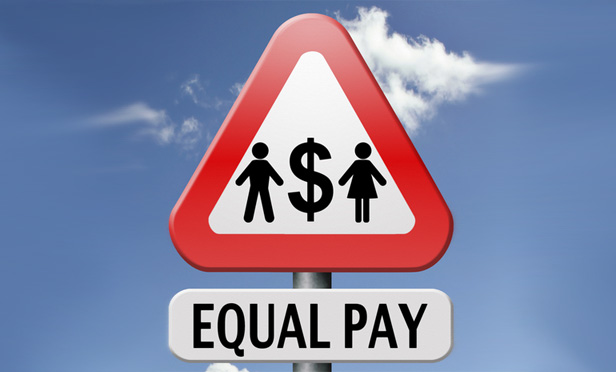Since 1949, gender-based wage discrimination has been prohibited by California law. Similar provisions exist under the Federal Equal Pay Act as well. Despite these laws, women’s wages continue to lag those of their male contemporaries. Because of those inequities, in October, California Gov. Jerry Brown signed into law the state’s new Fair Pay Act. Although intended to address those disparities, the language of the new statute promises to create even more litigation in this area. In fact, of all the new employment laws going into effect, this may be the one that employers should take most seriously in 2016. And it’s likely to have an impact felt well beyond the borders of the Golden State.
The law significantly modifies existing statutes, placing new burdens on employers and exposing them to substantially more legal risk. Described by many as the most demanding equal pay law in the country, this new law goes beyond requiring equal pay for equal work. Instead, employers are now required to provide equal pay to any employee for “substantially similar” work.
This content has been archived. It is available through our partners, LexisNexis® and Bloomberg Law.
To view this content, please continue to their sites.
Not a Lexis Subscriber?
Subscribe Now
Not a Bloomberg Law Subscriber?
Subscribe Now
LexisNexis® and Bloomberg Law are third party online distributors of the broad collection of current and archived versions of ALM's legal news publications. LexisNexis® and Bloomberg Law customers are able to access and use ALM's content, including content from the National Law Journal, The American Lawyer, Legaltech News, The New York Law Journal, and Corporate Counsel, as well as other sources of legal information.
For questions call 1-877-256-2472 or contact us at [email protected]





